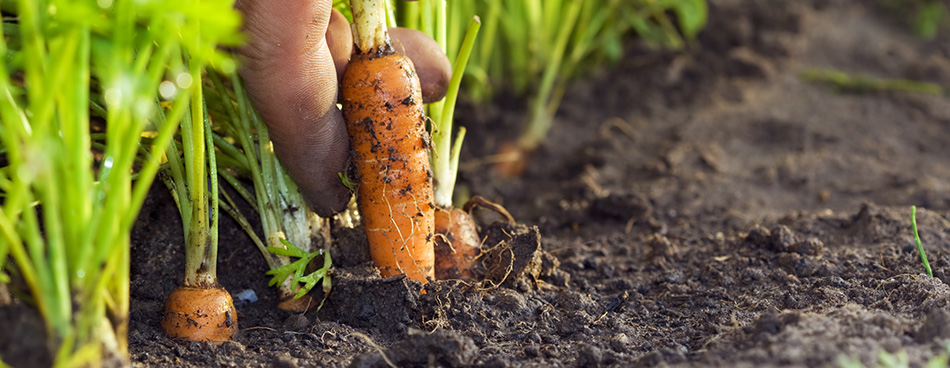AG Dawid
Climatic changes constantly threaten the high standards of nutrition quantity and quality in the Western world. Land degradation, water scarcity, and global climate changes have already had observable effects on the environment, which indicates that there may be insufficient agricultural farmland to provide food in the future. In addition to abiotic stress challenges, changes in temperature and humidity will likely lead to an increase in yield and quality losses induced by biotic stresses from pathogens, predators, parasites, and other competing organisms. To sustain altered abiotic growth conditions and biotic stress challenges, there is a global urgency to develop new, improved, and adapted crop species of equal or enhanced quality to those that currently exist to provide a healthy diet.
To this end, the group of Prof. Dr. Corinna Dawid uses three activity-guided-fractionation techniques coupled with new mass spectrometry and NMR-based methods — Phytometabolomics, Plant Stress and Flavor by Sensomics, and Functional Bioactives — to qualitatively and quantitatively monitor chemical target signatures in crops and model plants. The goal of this work is to breed high-yield and high-quality crops to produce functional food.
The three current research focus areas of the group of Prof. Dr. Corinna Dawid, chair of Food Chemistry and Molecular Sensory Science, are as follows:
- molecular and functional mapping of the metabolic response of crops and model plants on abiotic and biotic stress conditions (Phytometabolomics)
- understanding flavor challenges induced by abiotic and biotic stress conditions in crops (Plant Stress and Flavor by Sensomics)
- activity-guided discovery of bioactive natural products in crops and model plants (Functional Bioactives).


